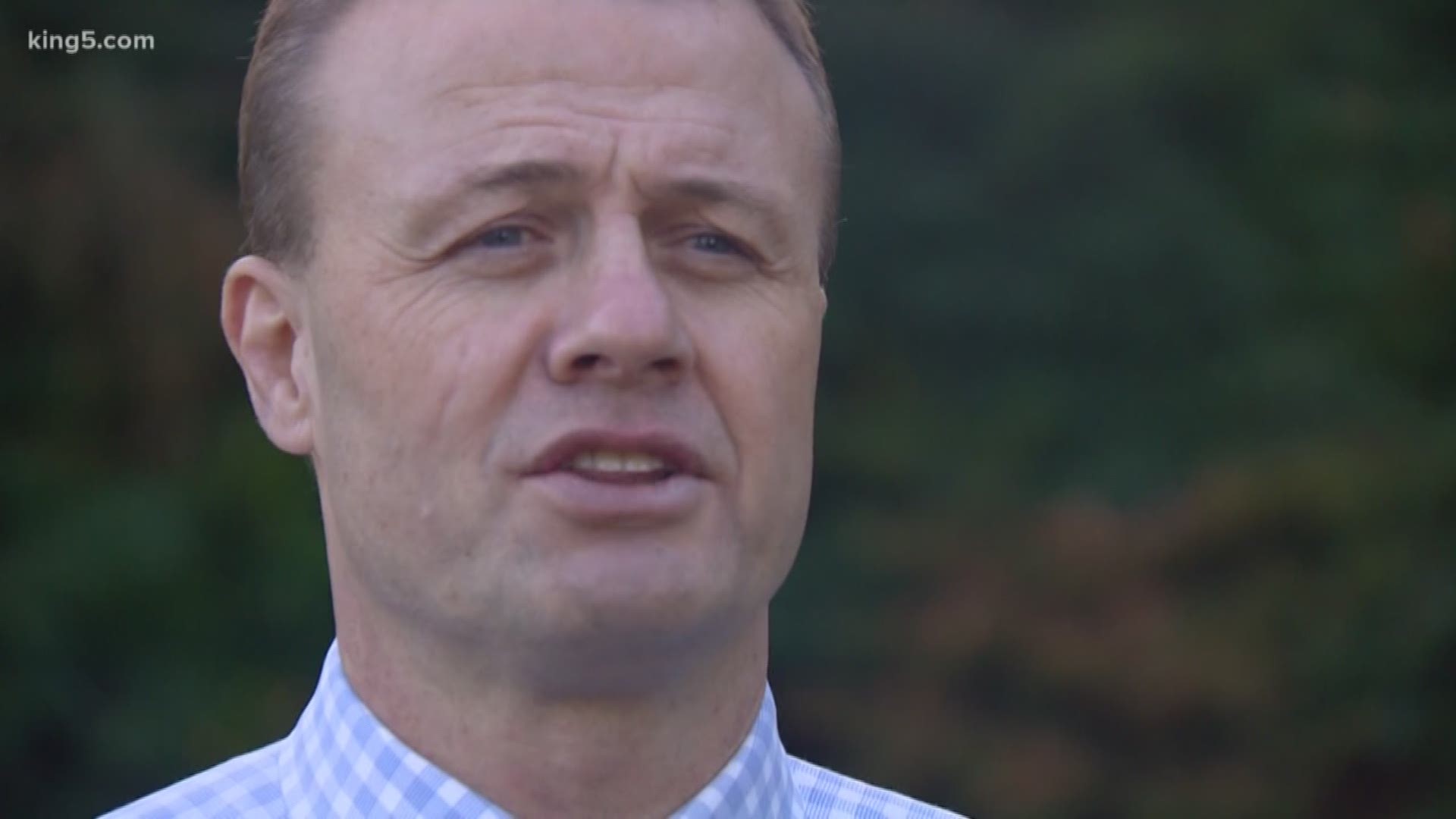SEATTLE — The Washington Supreme Court upheld a King County Superior Court judge’s decision to temporarily block Initiative 976 from taking effect. The voter-approved initiative would cap car-tab fees at $30.
A coalition, which includes King County and the City of Seattle, filed an injunction claiming the initiative is unconstitutional because it violates the single-subject rule, which prevents bills from containing more than one subject and mandates that subject should be expressed in the title. A lawsuit also called the initiative "a poorly drafted hodge-podge."
A judge ruled in favor of those agencies, temporarily blocking I-976 from taking effect.
On Monday, Washington State Attorney General Bob Ferguson filed an “emergency motion for stay” to reverse the injunction. Essentially, Ferguson was trying to stop the ruling that allowed the state to keep collecting money from car tabs.
The Washington Supreme Court ruled Wednesday that the injunction will remain in effect while litigation challenging the initiative's constitutionality is ongoing.
"We believe a stay is justified because the State has demonstrated that the issues presented are debatable and that the harms it will suffer absent a stay outweigh the financial injuries I-976's challengers will face with a stay," the state Supreme Court ruled on Wednesday.
Soon after the initiative passed, Washington Governor Jay Inslee instructed the Washington State Department of Transportation to postpone projects that were not yet underway in anticipation of a budget shortfall.
The state Office of Financial Management estimates the initiative will cut more than $4 billion in tax revenue by 2025.
"The state has shown the injuries it would suffer without a stay outweigh those the initiative's challengers would suffer with a stay. While the challengers point to significant losses in revenue and service that could result from a stay and the State highlights the cost of any necessary taxpayer refunds, these monetary injuries are not the only ones that matter," the state said.
The $30 car tabs would have gone into effect on December 5 if the measure was not challenged.

